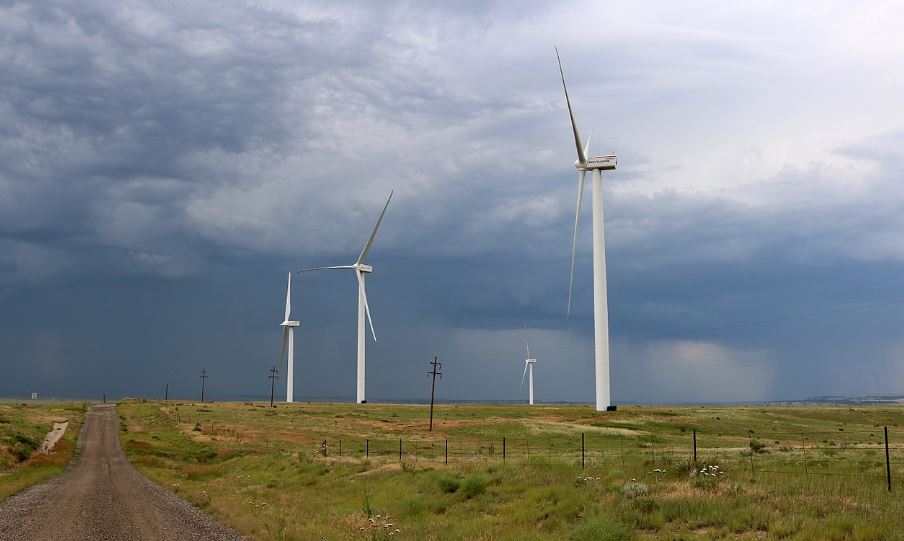The Government has today, Monday, June 17, published the Climate Action Plan, led by Minister Richard Bruton, to “give Irish people a cleaner, safer and more sustainable future”.
In a statement, the Department of Communications, Climate Action and the Environment said that the plan would entail 180 “actions”, and “hundreds” of sub-actions.
The department has argued that “warning signs are growing, and the time for taking actions is rapidly reducing”.
Below is a list of some of the main proposed actions of the new plan:
- Delivering reductions in greenhouse gas emissions in agriculture by creating new, sustainable opportunities for family farms;
- Eliminating non-recyclable plastic and imposing higher fees on the production of materials which are difficult to recycle, and banning single-use plastic products;
- Establishing a new microgeneration scheme, allowing homeowners to generate their own electricity and sell what they don’t use back to the national grid;
- Moving to 70% renewable electricity by 2030, from the current figure of 30%;
- Bringing 950,000 electric vehicles onto our roads, delivering a nationwide charging network, an electric vehicle scrappage scheme and legislation to ban the sale of petrol/diesel cars from 2030;
- Delivering a programme of retrofitting to install 400,000 heat pumps in homes and businesses;
- Establishing a system of five-year carbon budgets and sector targets, with the relevant minister responsible for delivering on the target, with penalties if they are not met.
The plan also makes references to the country’s network of cycling paths and ‘park and ride’ facilities, saying these will be expanded.
Launching the plan, Minister Bruton said: “We are currently 85% dependent on fossil fuels. This plan sets out radical reforms, which will cut our reliance on carbon, making our businesses more competitive, our homes more sustainable and our farms more efficient.”
Meanwhile, the Taoiseach, Leo Varadkar, said: “So we will work with people, industry and communities to chart the best and most inclusive way forward. A way forward that is both effective and sensible.
“Our approach will be to nudge people and businesses to change behaviour and adapt new technologies through incentives, disincentives, regulations and information. Our objective, as we plan for the future, is to transition to a low-carbon and climate-resilient society,” he added.
